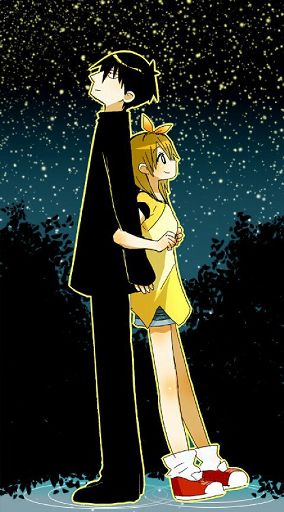
Sunshine: (noun) the light and heat of the sun It is too dangerous to go fishing because of the storm.Storm: (noun) a combination of strong winds and rain, often with thunder and lightning, and in some occasions snow. The view of the city wasn't very good because it was covered in thick smog.Smog: (noun) a cloud of pollution hanging over a city (a fog of smoke) I took a photo of a beautiful rainbow that was just above the lake.Rainbow: (noun) an arch of colors in the sky formed when the sun shines through rain The kids jumped in the puddles on the way home from school.Puddle: (noun) a small pool of water on the ground, usually after rain. Lightning lit the sky many times that night.Lightning: (noun) A flash of light in the sky during a storm. The forecast says it's going to rain tomorrow.A lot of the crops dried up because of the drought.įorecast: (noun) A prediction of how the weather will be on a certain day.We have created an entire page about the temperature in English including the different ways of saying how hot or cold it is.ĭrought: (noun) Long periods of time without rain causing a lack of water in the area In United States the word twister is often used instead of tornado. Tornado: (noun) strong violent circular winds in a small area a rapidly revolving column of air They are the same thing just with different names because of the region they are in. What's the difference between a hurricane, a typhoon and a cyclone? Hurricane/cyclone/typhoon: a spiral arrangement of thunderstorms that produce winds and heavy rain. Sleet: (noun/verb) snow or hail mixed with rain (often with some wind)īreeze: a gentle wind (often nice or refreshing) Snowflake: (noun) an individual piece of snow Snow: (noun/verb) frozen rain that falls from the sky as soft snowflakes Hailstones: (noun) the small hard balls of ice that fall from the sky Hail: (verb) when frozen rain falls as small balls of ice (hailstones). It's raining cats and dogs: (Idiom) To rain heavilyįlood: (verb/noun) to become covered in water usually due to excessive rain Cold stuffīlizzard: (noun) severe snowstorm with strong windsįrost: (noun) a layer of small ice crystals that forms on the ground or other surfaces when the temperate is cold Rain: (verb/noun) water that falls from the clouds in drops Haze (noun) / hazy (adjective): light mist, usually caused by heat Types of Rainĭamp: (adjective) slightly wet (often after the rain has stopped)ĭrizzle: (verb/noun) to rain lightly with very fine drops Mist (noun) / misty (adjective): light fog, often on the sea or caused by drizzle Sometimes the cloud lowers to ground level and it becomes harder to see…įog (noun)/ foggy (adjective): thick cloud close to land Gloomy: (adjective) with dark clouds and dull light some people consider this weather depressing Overcast: (adjective) covered with cloud dull Partially cloudy: (adjective) when there is a mixture of both blue sky and cloudsĬloudy: (adjective) with many clouds in the sky


Sunny: (adjective) the sun is shining and there are no clouds
Forest of drizzling rain game date full#
We have:Ĭlear or Cloudy – Types of Rain – Cold stuff – Types of Wind – Mixed Vocabulary Clear or Cloudyīright: (adjective) full of light when the sun is shining strongly We have divided this vocabulary into different categories to make it easier. People commonly ask about the weather by saying:

Many times when we are talking about the weather, we can add the letter Y to the end of a noun to make it an adjective. It pays to learn the different forms of each word and when they are used. Rain: (verb) I think it is going to rain later.Rain: (noun) The game was cancelled because of the rain.When you are learning vocabulary about the weather, it is important to remember that some of the words have a noun form, a verb form and/or an adjective form. You can also use it is in different tenses It is + verb-ing = This type of weather is happening now. It is a + adjective + day (or morning/afternoon/night) It is + adjective = A description of the weather This is normally: It is + adjective OR It is + verb-ing In English, we usually use it is when we talk about the weather.


 0 kommentar(er)
0 kommentar(er)
